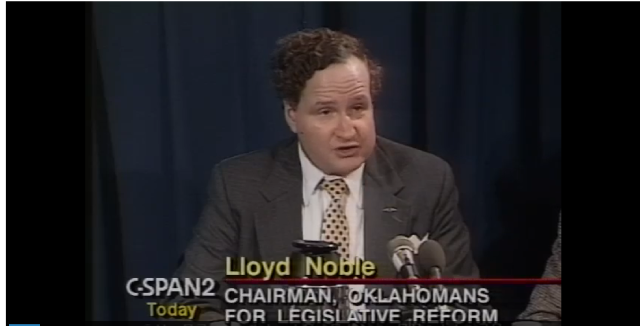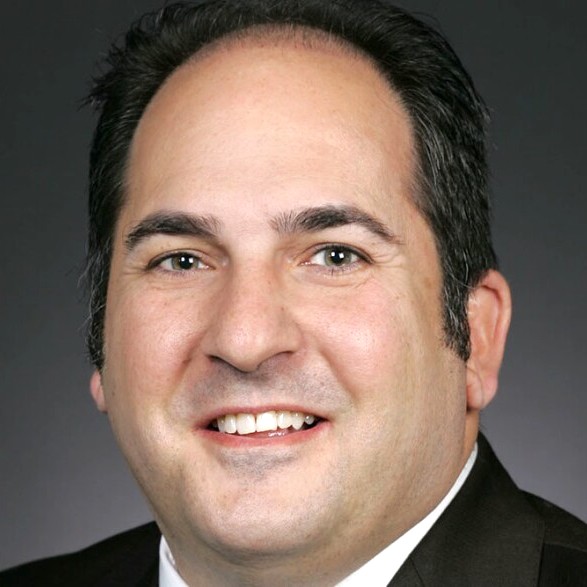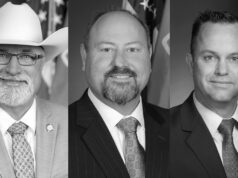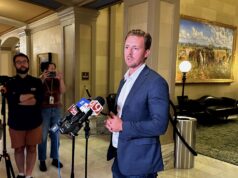
Since ancient Greece, term limits have a long and storied history in democracies. Certain officials were “elected” by a lottery system to prevent entrenched interests from creeping into the process, and they could only serve one year. In the Roman Empire, single four-year terms were common.
In our country’s infancy, the Articles of Confederation limited the terms of elected officials, but the articles failed for other reasons. Subsequently, our Constitution omitted term limits. However, in an example of self-imposed restrictions, the first U.S. president, George Washington, stepped down after two terms when he most likely could have served until he died.
Lloyd Noble Jr., a pioneer in Oklahoma politics, wanted to limit the lengths of service in the Oklahoma Legislature. As a result, Oklahoma voters imposed a 12-year term limit on the Legislature in 1990, making Oklahoma the first state in the nation to limit its legislators’ length of stay in office. (Oklahoma also holds the governor and other statewide office holders to an eight-year term limit.)
Mr. Noble explained the benefits of term limits — especially in Oklahoma — in a Heritage Foundation roundtable:
“All my life, I’ve noticed waste in all levels of government, and a lot of rhetoric from all politicians — Democrat and Republican, liberal and conservative — about cutting waste, with one big exception: Anything in a particular senator or representative’s district that helps keep him elected, so therefore we don’t see anything cut.”
It’s worth noting that Noble also speaks in the linked video about too much administrative overhead in Oklahoma public education, and it has only gotten worse since the 1990s. But that’s another commentary for another time.
The main reason Oklahoma developed term limits can be symbolized with one name: Sen. Gene Stipe.
Stipe served and ruled the Oklahoma Senate — and some even say the state — for more than 46 years of elected office. He was the embodiment of what was wrong in Noble’s eyes — one man controlling all the chairmen, all the procedures and all the legislation.
The result of term limits, 26 years later
So, now in 2016, are 12-year legislative term limits effective? Yes, they are effective in keeping new members rotating through the Capitol, taking years to learn the process with the aid of special interests and lobbyists.
The question is, has it been worth it? Are term limits worth the loss of institutional knowledge? Are they worth the regular loss of understanding how intricately the legislative process and state agencies work?
In 2014, the Oklahoma Policy Institute published a report that looked at whether term limits really change how long someone serves in the legislature. Their data says no.
Do we want legislators to learn and be inquisitive on their own — to become an expert in a certain area — or do we want to cede knowledge and power to agency heads, bureaucrats and lobbyists until new elected legislators learn to take off the training wheels? Conversely, do we want to go back to the generational leadership of Gene Stipe? Once someone gets a chairman’s gavel or a leadership post, do we want him or her to hold it for life?
A happy medium
I say there is a happy medium. Overall, term limits are a good thing, but I believe we need to extend the length of time people can serve in the Legislature from 12 years to 16 years.
If they want to come back, they should have to sit out for a term and then reset the clock. Such changes would allow goals to be accomplished: We would be able to retain institutional knowledge and develop experts in fields while keeping career politicians out and introducing new, energized members.
The people of Oklahoma deserve the best of both options.






















